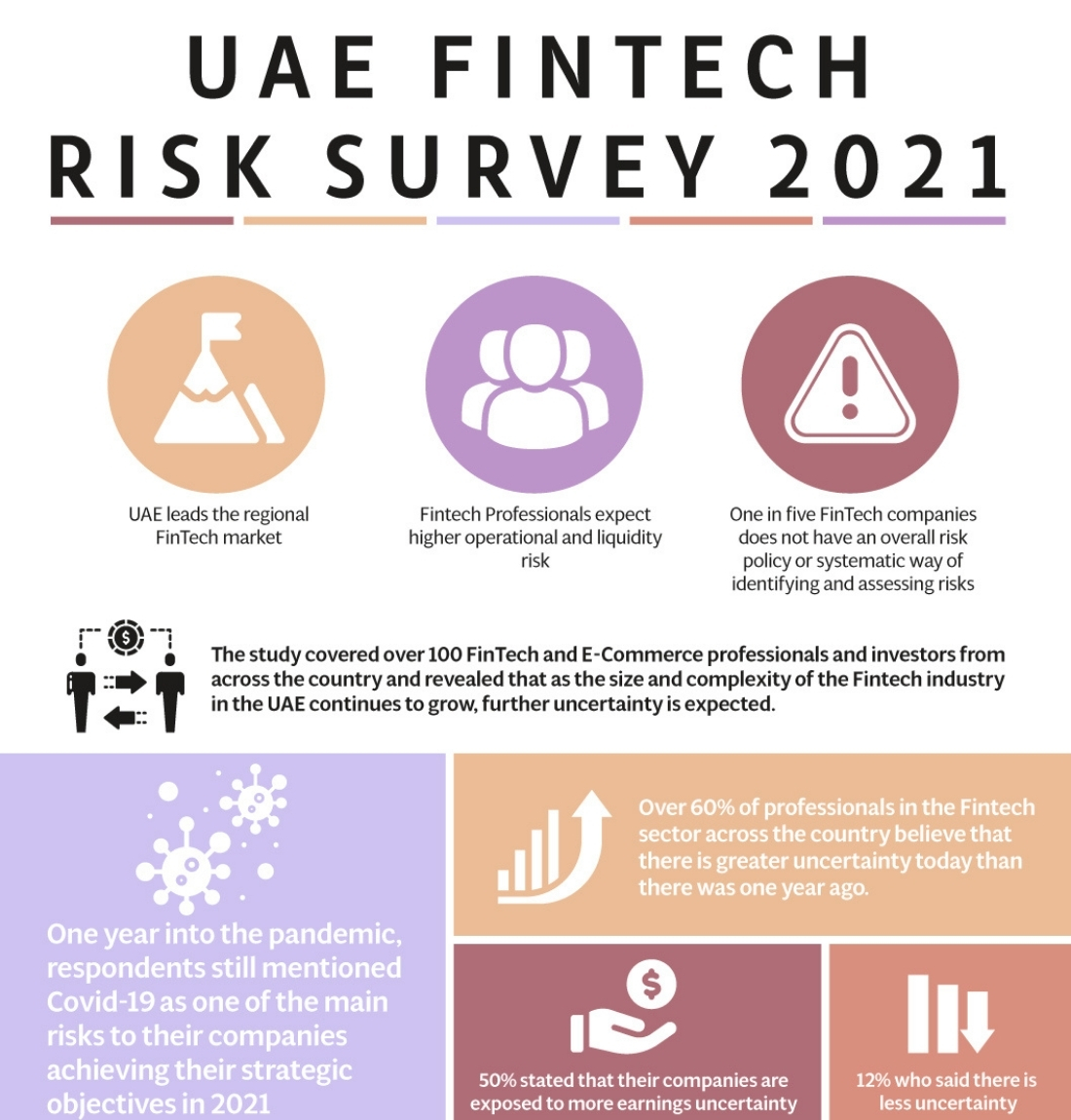Harnessing AI in Anti-Money Laundering: A Look at Google Cloud’s AML AI Solution
Google Cloud’s recent announcement of its launch of an Anti-Money Laundering AI (AML AI) tool heralds a new era for anti-money laundering (AML) tools...
2 min read
Johnny Kollin
:
30 June 2023 09:25:00 GST

In today’s global financial landscape, maintaining a solid commitment to transparency and rigorous anti-money laundering (AML) and countering financing of terrorism (CFT) protocols is crucial. The United Arab Emirates (UAE) remains under increased monitoring by the Financial Action Task Force (FATF), a status commonly called the “grey list”. This means that the UAE has pledged to address identified strategic deficiencies within specific time frames and under heightened scrutiny by the FATF. While the UAE remains on the grey list, it has been making significant progress under the watchful eyes of the Financial Action Task Force (FATF).
The UAE began its journey of progress when it committed in February 2022 to collaborate with the FATF and the Middle East and North Africa Financial Action Task Force (MENAFATF). Since then, the country has made significant progress in bolstering its AML/CFT framework. In May 2023, the MENAFATF upgraded its assessment score of UAE’s compliance with three of its recommendations (FATF recommendations 1, 19 and 29) to “Compliant” or “Largely Complaint” in response to the positive measures the UAE has taken. Following the upgrade, the UAE is compliant with 39 out of 40 recommendations. In its June update, the FATF acknowledged the significant progress made and identified three critical areas for the UAE to focus on to continue its forward momentum:
The UAE needs to demonstrate “a sustained increase in the application of effective, proportionate, and dissuasive sanctions” for financial institutions (FIs) and designated non-financial businesses and professions (DNFBPs) that are not in compliance with AML/CFT requirements. This includes “showing that DNFBP sectors are implementing risk-based [customer due diligence] (CDD)” and increasing “the number and quality of [suspicious transaction reports] (STRs) filed by FIs and DNFBPs.”
It also needs to display a continuous “increase in the issuance of dissuasive, effective, and proportionate sanctions where necessary for breaches of beneficial ownership obligations”.
Lastly, the UAE needs to demonstrate an “increase in effective investigations and prosecutions of different types of [money laundering] cases consistent with UAE’s risk profile.”
The expectations laid out by the FATF reflect the globally accepted standards for tackling financial crime risk and highlight the importance of rigorous AML protocols and risk management strategies, areas where we, as a management consulting firm, can provide expert guidance.
We look forward to witnessing the UAE’s continued progress in its commitment to financial integrity and transparency. This journey reminds all organisations that, with dedication and the right strategies, it’s possible to successfully navigate the complex world of AML and financial crime risk.
Connect with our team for comprehensive support and strategies tailored to your risk management needs.

Google Cloud’s recent announcement of its launch of an Anti-Money Laundering AI (AML AI) tool heralds a new era for anti-money laundering (AML) tools...

Primary risk drivers are supply chain disruptions, liquidity risk, IT and cyber risk. Liquidity risk and operational risk are expected to increase...

Sharjah, the third largest emirate in the United Arab Emirates (UAE), saw its credit ratings downgraded to non-investment grade on Tuesday. Moody’s...